The Death War Museum (Wat Tai)
History
This museum was initiated by Phra Dharma Khunaphon, the abbot of Wat Tai, in 1977, as another reminder of appalling effects of wars. The museum replicates the thatched detention hut with cramped bamboo bunks of POW's during the Second World War. It contains not only weapons, tools and utensils of WWII, but also paintings, photos and articles reflecting the lives of these POW's during the construction of the Death Railway.
The museum is on the bank of the River, inside Wat Chai Chumphon temple. The present Chief Abbot, the Venerable Phra Theppanyasuthee, takes responsibility for the upkeep of the museum.
Above: JEATH War Museum
The word "JEATH" stands for the names of the six countries involved - Japan, England, Australia, America, Thailand and Holland. The Japanese were the controllers of the railway project, Thailand was involved as the conquered country and the other four countries were involved as POW's on the actual construction of the 415 km long Death Railway and the bridge over the River Kwae. The word JEATH also replaces the word Death because it sounds too horrific.
Above: Front entrance of the JEATH war museum, Kanchanaburi, Thailand
Above: JEATH Museum Building
The first thing you see is this bamboo hut with a collection of photographs. The hut is very similar to those used as living quarters of the POW's while they were forced by the Japanese army to construct the Death Railway linking Thailand and Burma.
The hut is not an original but has been built as a copy of an original and inside you can see how the prisoners lived.
Above: Section of the museum narrating the construction of the Death Railway
This part recreates the quarters of the POW's
Above: Military exhibit at the JEATH war museum
The sign in front reads, "By the time World War II, the prisoners of war were forced to build a strategic bridge across the River Kwae to Burma by the Imperial Japanese Army, but at the same time the Allied airforce led by the USA were trying to bomb the bridge to stop them. This bomb was dropped to destroy the River Kwae bridge in 1945, but it didn't explode because it had gone down in the river."
Original photos of the POW's
Below are photos I took - there are a number of them and I had considered making a collage of them but due to the nature of the subject, felt to give them the respect they required they needed to be shown individually.
Above: Malnourished POW's
Above: The Latrines
Above: POW's conveying water to the camp and hospital
Above: Washing clothes without soap
Above: Lining up for rations before working - rice with little salt.
Above: Grinding rice
Grinding rice - "pap" - soft, mushy boiled rice.
Above: Sleeping space for each POW is 2.5 feet in width
Above: The POW camp made of bamboo and attap roof
An attap roof is made from tree leaves.
Weapons
Above: Weaponry
Situated about 500 metres from the TAT office in the area of Wat Chai Chumphon. The bamboo hut has been constructed in the form of a POW camp and contains photographic, pictorial and physical memorabilia dating from WWII.
Above: Map of Thai - Burma Railway
Above: Bomb Bell leading to the river
Thailand Time
Click On Your Flag To Translate
Thailand and Laos (and Myanmar if I can manage it)
Hello, Sawatdee kaa and Sabai dee,
My next trip will be Thailand and Laos, and this is all about the before, the trip and the after - similar to my Malaysia/Cambodia blog. I am putting together from start to finish - tickets, do's and don'ts, tours, where to stay, places to see, things to do, as well as useful extras like transport, good places to eat, what to wear, climate, tourist traps, tricks and tips and whatever else I can think of that will be useful.
If you have any tips or advice, please, feel free to leave a comment and add your bit - whatever you think may be helpful or interesting.
Cheers.
My next trip will be Thailand and Laos, and this is all about the before, the trip and the after - similar to my Malaysia/Cambodia blog. I am putting together from start to finish - tickets, do's and don'ts, tours, where to stay, places to see, things to do, as well as useful extras like transport, good places to eat, what to wear, climate, tourist traps, tricks and tips and whatever else I can think of that will be useful.
If you have any tips or advice, please, feel free to leave a comment and add your bit - whatever you think may be helpful or interesting.
Cheers.
Thailand map
View Bangkok Thailand in a larger map
Playlist - My Travel Videos
Tuesday, August 9, 2011
Subscribe to:
Post Comments (Atom)
















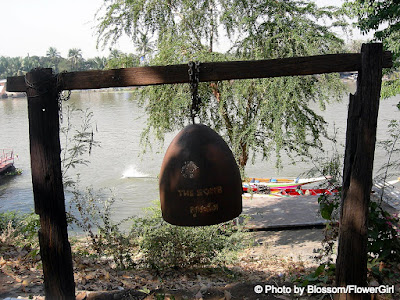
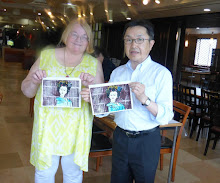











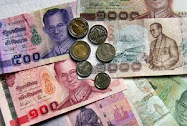









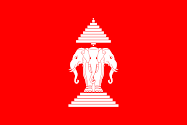

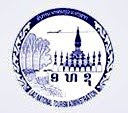
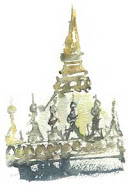
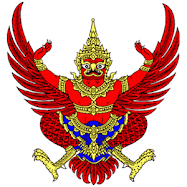
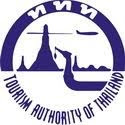
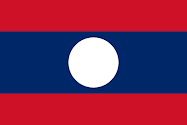



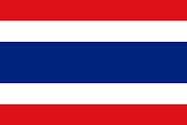

No comments:
Post a Comment